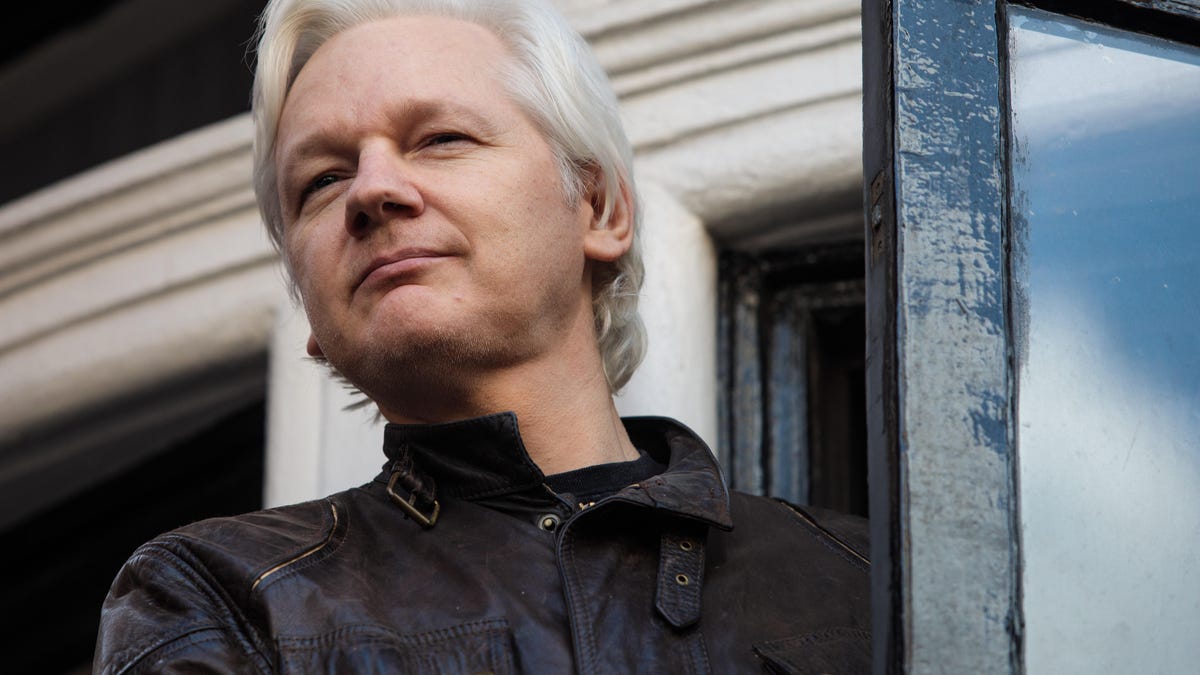Julian Assange loses legal bid to quash UK arrest warrant
The WikiLeaks founder could still be arrested for skipping bail in 2012 if he leaves the Ecuadorian Embassy in London.

The arrest warrant for Assange still stands.
Julian Assange lost his bid to halt legal action against him in the UK on Tuesday, after a British high court judge knocked down almost every argument put forward by his defense team.
A warrant for the arrest of the WikiLeaks founder still stands, said Senior District Judge Emma Arbuthnot, meaning Assange is unlikely to leave the Ecuadorian Embassy in London, where he has lived for the past six years, anytime soon.
The UK arrest warrant is based on Assange skipping bail in 2012 in order to avoid extradition to Sweden over allegations of rape and sexual assault. To dodge extradition, Assange entered the embassy disguised as a motorcycle courier after Ecuador offered him immunity. Swedish prosecutors have since dropped charges against him, but he could still be arrested if he leaved the embassy for breaching the conditions of his bail in the UK.
Assange's lawyers argued that it's no longer in the the public interest for police to arrest him. He is suffering from ill health and depression and the time he's spent locked inside the Ecuadorian Embassy is punishment enough for his crimes, they said.
Arbuthnot wasn't convinced by the arguments, saying the circumstances of his self-imposed stay at the embassy were not comparable to imprisonment. Arrest was a "proportionate response," said Arbuthnot, according to The Guardian. She added that Assange should have the courage to come to court to face the consequences of his choices.
Pulling security to get me safely on the balcony six times in six years for a few minutes turns into this: https://t.co/Y46PVZ9C5x
— Julian Assange ⌛ (@JulianAssange) February 13, 2018
Assange has not yet commented on the ruling and did not immediately respond to requests for comment.
Even if the judge had ruled in his favor on Tuesday, Assange may have decided to remain inside the embassy as he fears the US may seek to have him extradited for activity related to WikiLeaks. The US government has repeatedly neither confirmed not denied the existence of an extradition warrant.
Rebooting the Reef: CNET dives deep into how tech can help save Australia's Great Barrier Reef.
It's Complicated: This is dating in the age of apps. Having fun yet?

